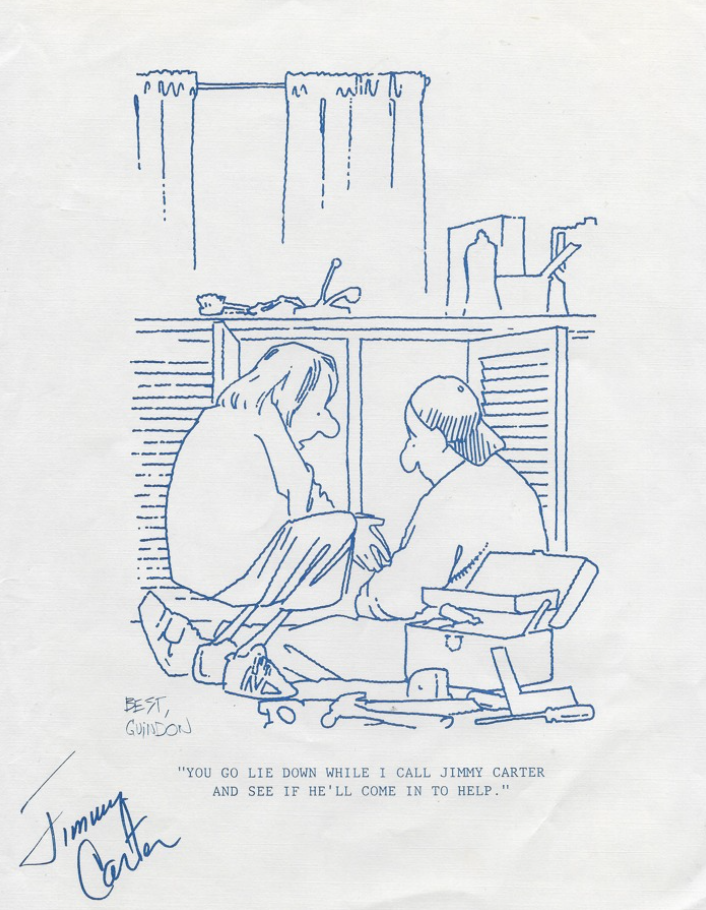after a time out
I have been away from this blog for a while.
Nanowrimo, the National Novel Writing Month claimed much of my creative energies. An annual event that’s been around for almost 25 years, Nanowrimo is essentially a self-directed challenge to write 50,000 words of a novel in 30 days.
This time around, I produced a little more than 33,000 words in 24 days, and ran out of steam in the last week of the month. Most of those words went into chapters for a new mystery I’ve been working on, set in Essex County, Southwestern Ontario. It’s tentatively called either “The Right Cross Murder” or “A Death in Sun Parlour” and it features a different protagonist and supporting cast of characters from my first novel.
I’ve enjoyed the process of plotting out the new story, and creating the new characters. Along the way I decided to include Rev. Tom Book, the reluctant sleuth from my first book.
Tom’s first adventure was set in Oakville, which is where I was living when I started The Book of Answers. During the COVID lockdown I began a new story for Tom, set here in Essex County, which is where I see him settling after leaving the church he served in Oakville. This second story for Tom is actually set during the lockdown, and has him helping out at a retreat centre founded by his former mentor and life-long friend Paul Bennett.
The retreat, called “The Quiet Centre” found its way into the The Right Cross Murder, so it made sense to add Tom to the story.
I was plotting this story, ahead of the writing marathon in November, while I was also actively selling The Book of Answers. I did a fair amount of online and in-person promotion of the book this fall. I was surprised by how many people asked about the further adventures of Tom Book.
I’ve thought from the beginning that Tom would appear again. I set up the first story to be part of an ongoing series, each with a title that would be “The Book of…”. The lockdown story set at the retreat centre is called “The Book of Strong Suggestions”.
I have most of that story plotted, and many chapters written, but took a break from it to work on the newer book, with the new set of characters.
All the questions about Tom’s life beyond The Book of Answers made me wonder if I should have actually had his second story finished, and ready to go, soon after the launch of the first one.
So I’ve taken a break from The Right Cross Murder, or Death in Sun Parlour, while I mull this over.
Another factor in the choice to take a break was my return to full-time work as a pastor. I had the privilege of a month long vacation followed by a 90 day sabbatical from my pastoral responsibilities. I used that time for rest, work-related studies, and planning for the upcoming year.
I found it so much easier to drop into “mystery writer” mode when I did not have the weekly project of producing a (hopefully) meaningful worship service and sermon. This is less a matter of time for the work, as it is about mental bandwidth or energy. When I have a sermon on the back burner, simmering somewhere inside, I find I have less creative heat available to cook up my stories.
The other big reason I have not been writing more fiction lately is I have become active in my new volunteer role as a police chaplain.

Above is a photo of the tunic from my dress uniform. The OPP has strict rules about the use of their insignia, so I’ve deliberately made the picture a little blurry. Here’s one of the shoulder board, which identifies me as a chaplain with the honorary rank of Inspector. (That’s what the crown signifies.) The white shirt next to it is also part of the uniform.

In the OPP, most of the front-line officers are Provincial Constables. Above them in the rank structure are the Sergeants and Staff Sergeants, who are non-commissioned officers, and like the Constables, wear blue shirts. The first “commissioned” rank above Staff Sergeant is Inspector. Inspectors and upward (Superintendents and Deputy Commissioners, and the Commissioner of the OPP) wear white shirts.
There is a bit of a divide between “white shirts” and “blue shirts”. White shirts are management. Think of commanding officers in the military. Respected for their accomplishments and responsibilities, but not always liked or appreciated in their roles as leaders.
When I visit detachments I usually wear my clerical collar, affixed to a blue or black polo shirt. The chaplain, like in the military, is in many ways outside the formal hierarchy. Kind of an observer and advisor with a supportive role, which suits me just fine.













